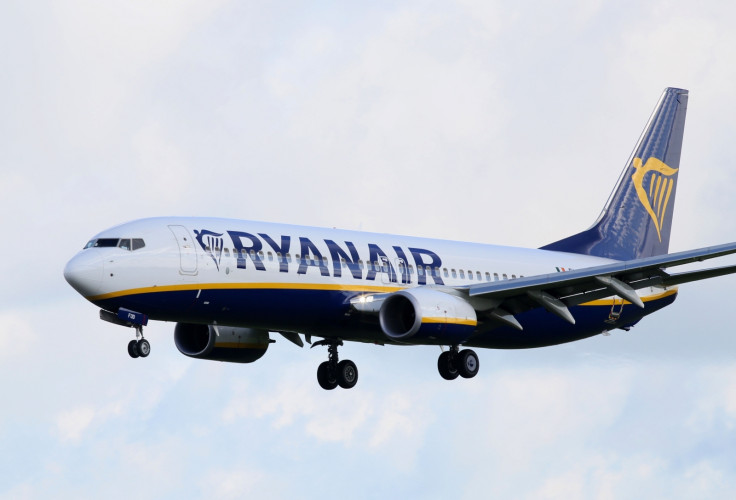Ryanair applies for UK licence in a bid to soften Hard Brexit impact
Irish carrier has repeatedly warned flights to and from the UK could be disrupted once Britain leaves the EU.

Ryanair has moved to ensure it can continue flying domestically within the UK after Brexit and has applied for a British air operating licence.
Michael O'Leary, the chief executive of the budget airline, has repeatedly warned flights to and from the UK could face disruptions after March 2019 if Britain failed to secure access to Europe's Open Skies agreement.
The decision to apply for a British licence came as the Irish airline was at risk of being considered a "foreign" carrier once Britain leaves the European Union next year, meaning it could lose the right to operate routes within the UK.
"A subsidiary company, Ryanair UK, filed an application on 21 December for an air operator's certificate with the Civil Aviation Authority in the UK," the Dublin-based carrier said in a statement on Tuesday (2 January).
"This may be required for Ryanair's three UK domestic routes in the event of a hard Brexit in March 2019."
Ryanair's domestic UK routes account for approximately 2% of its business and in July last year O'Leary hinted the airline would balance the impact deriving from the pound's decline since the EU referendum by shifting some capacity away from Britain starting from this winter.
The Irish airline is not the first European airline to apply for a UK licence, as fellow budget carrier WizzAir in October unveiled plans to set up a UK subsidiary to allow it to continue operating in Britain after Brexit.
The carrier, Britain's eighth-largest airline operator, applied for an Air Operator's Certificate and Operating Licence for Wizz Air UK, which will take over Wizz Air Hungary's base at London Luton airport.
Wizz Air's decision came only a week after Philip Hammond warned a worst-case Brexit scenario could see all air traffic between the UK and the European Union grounded the day after Britain leaves the bloc on 29 March next year.
Meanwhile, in July last year easyJet followed a similar procedure to launch a new airline to continue to operate flights both across Europe and domestically within European countries after the UK has left the EU.
Earlier in 2017, easyJet, which is also based at Luton, had held talks with EU member states to move its legal HQ to the continent, highlighting the impact leaving the bloc would have on a number of British businesses with great exposure to Europe.






















